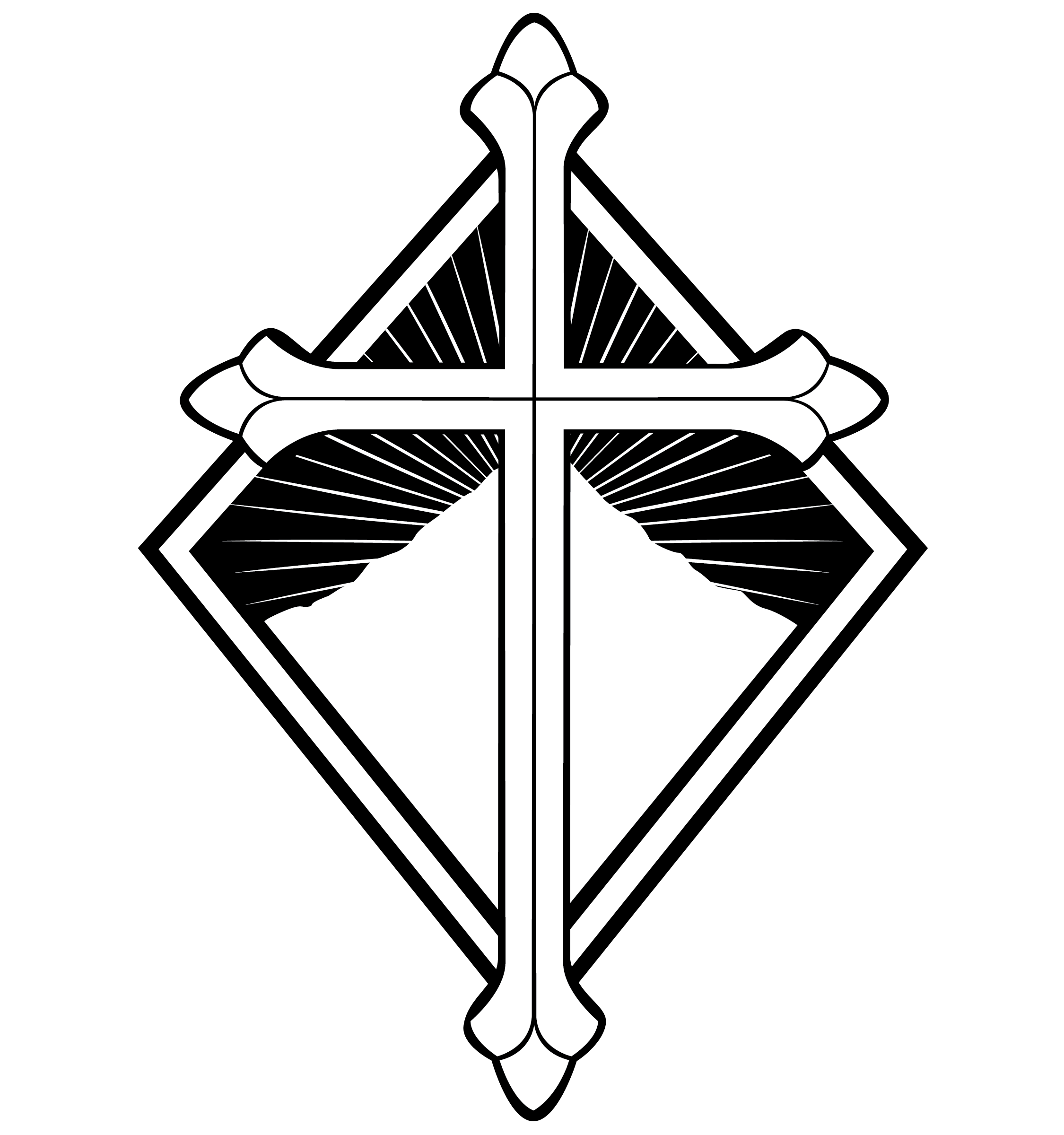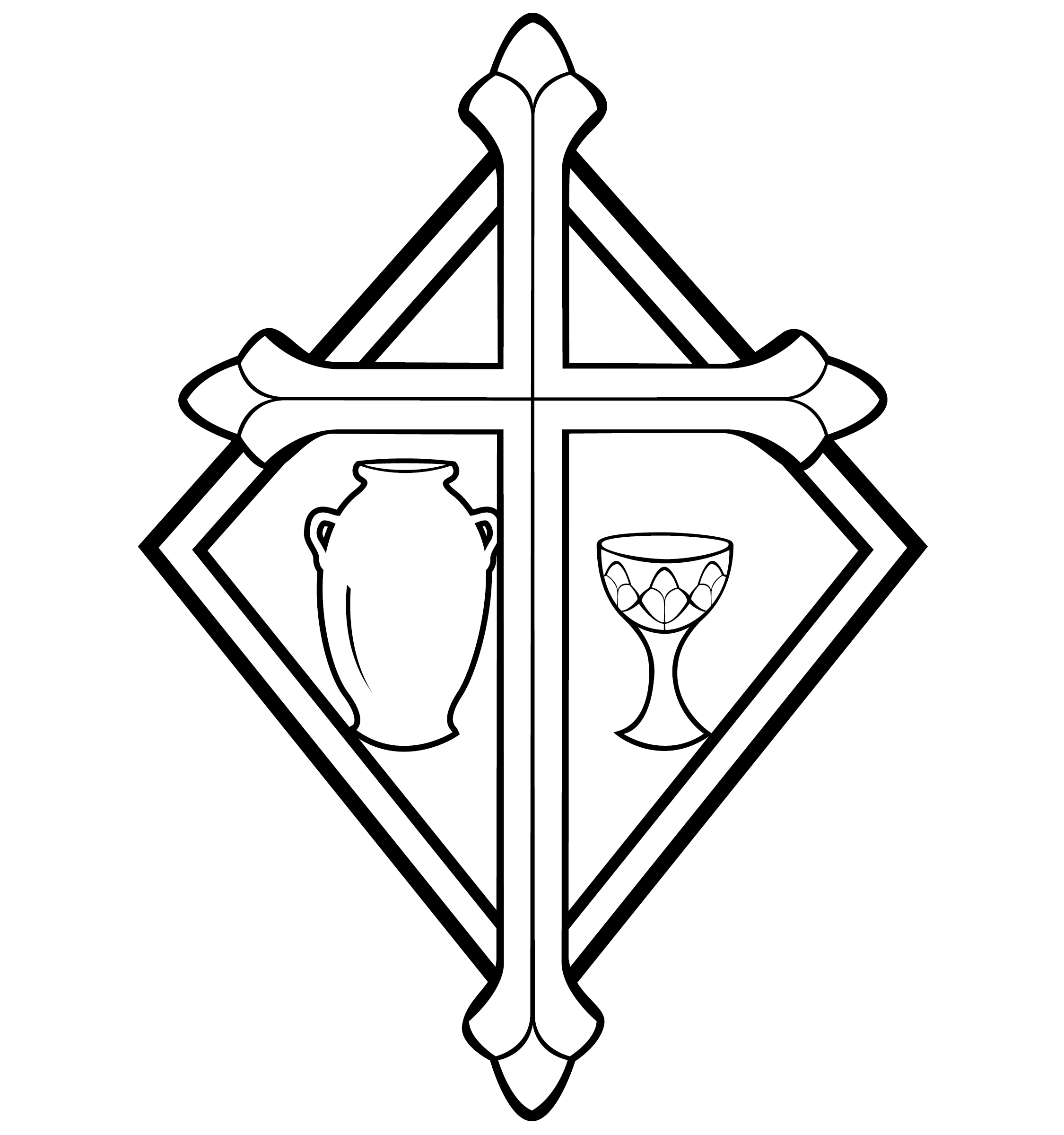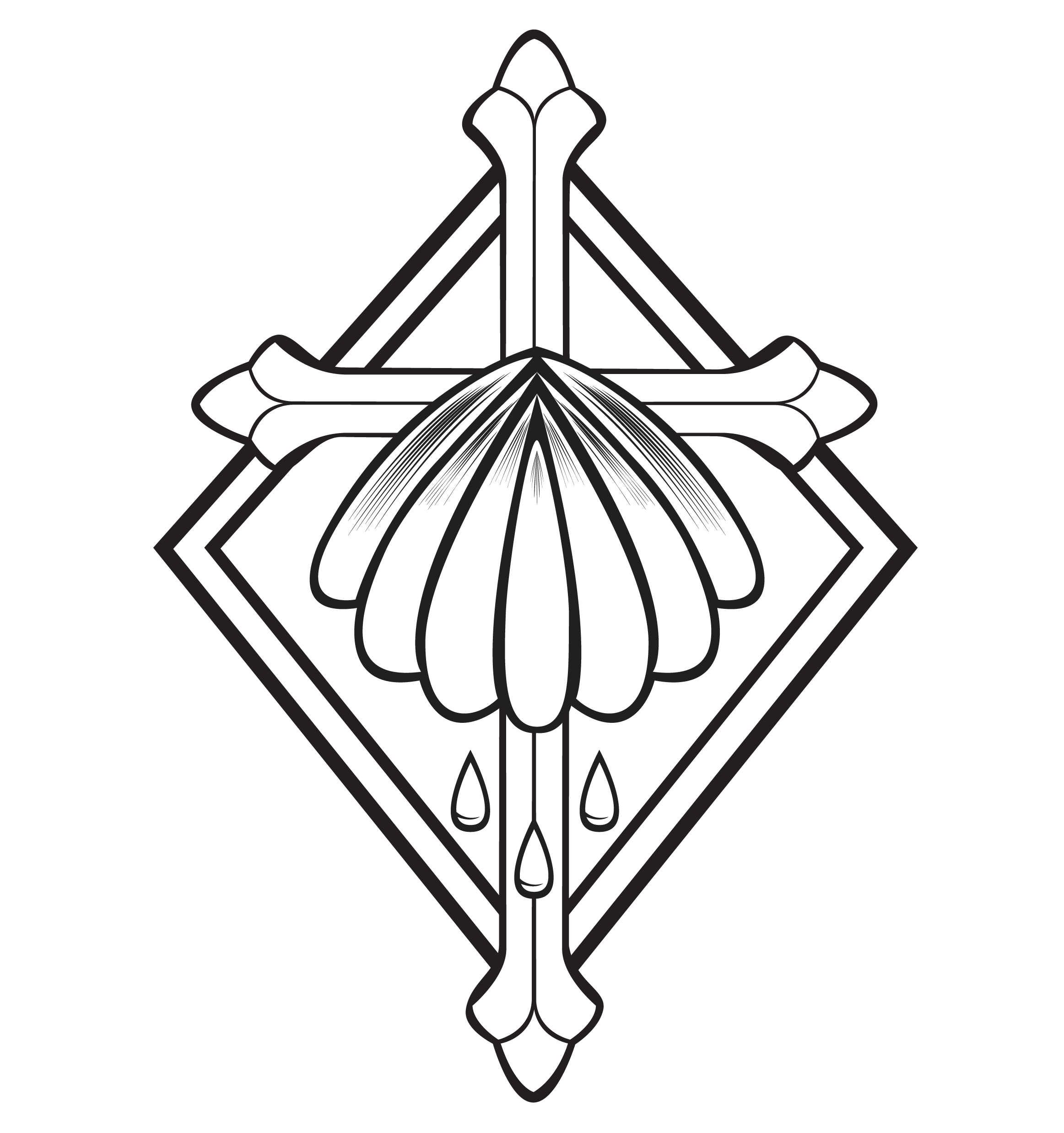A sermon on 2 Chronicles 29:12-19 for Reformation Sunday. Delivered by Pastor Caleb Strutz.
On October 31, 1517, an Augustinian monk nailed a piece of paper to the door of All Saints’ Church in Wittenberg. The man was Martin Luther and the document his 95 Theses, 95 statements for academic debate that called into question religious abuses at the time. Unbeknownst to him, this would spark the Lutheran Reformation. Now this event is the one piece of church history that everyone seems to know—unfortunately, it’s all too common that historical knowledge jumps straight from the apostles to 1517. But it’s also an event that pretty much everyone views positively. Obviously, we, as Lutherans, like Luther, but most Protestants have a very high view of Luther, even though they would have substantial theological disagreements with him. Even most modern Roman Catholics will say that Luther was initially justified in calling out these abuses and then try to claim that the reforms they’ve done since then are satisfactory.
But if everyone likes Luther and if most Christians in the United States would claim to be descendents of the Reformation in one way or another, there’s going to be competing views and narratives of what actually happened and how to view all of it. Even secular, atheist historians like Luther as this pivotal figure in the birth of modernity. But what was Luther actually trying to do? What was the Reformation supposed to be all about?
To help us answer that question, we’re going to look at another instance of reformation that’s recorded for us in the Bible because there’s a lot of important parallels between the two. We’ll see the true nature of the Reformation, which is not rebellion, but restoration.
I. Not Rebellion
The truth is that reformation is nothing new in the life of the Church—the Lutheran Reformation was not an entirely unique thing. Time and time again in the Old Testament, we see the same outline of events: abuses accumulate and shroud the Gospel and then are removed and cleansed.
In our Old Testament lesson, we see the reformation of King Hezekiah. His father, Ahaz, was a wicked king who promoted idolatry and even closed the doors of the temple. That’s the situation he inherits. But Hezekiah, we read, “did what was right in the sight of the Lord, according to all that his father David had done” (29:2). The first thing he does as king is call together the priests and the Levites to remove idolatry, cleanse the temple, and restore the proper worship of God.
And this is exactly the situation at the time of Reformation. The pure Gospel delivered by Jesus to His Apostles had, over time, become crowded out and overshadowed by man’s sinful inclination towards work-righteousness. The issue of indulgences, which was brought up in the 95 Theses, was one of the worst examples of this: the church was literally offering people a way to buy their salvation. Cleansing was needed.
But on the other hand, it’s important to not phrase Luther’s actions too dramatically. This is where those competing narratives about the Reformation come in.
The popular narrative is that Luther was kicked out by the Pope and started a new church. This is said rather derisively by Roman Catholics but also positively by many Protestants. But there’s some problems with that. If Luther had to completely go his own way and do his own thing, if Luther was a rebel, how can that be legitimate, on what basis is he doing that?
Obviously, we’re going to say Scripture, but so does everyone else. And one of the big criticisms of Luther from Protestants is that he didn’t go far enough and didn’t follow the Bible faithfully enough, that he was still trapped by these Romans ideas especially about baptism and the Lord’s Supper. If Luther’s a rebel, he’s a pretty weak one.
If the Reformation was a rebellion, what does that say about the Church? Jesus promised that the gates of Hades shall not prevail against the Church (Mt 16:18). But if rebellion, if starting from scratch was necessary, doesn’t that mean that, for a time, Hades won? That Jesus didn’t really mean it?
And this is bigger than how we view a historic event, this really gets to how we view ourselves as Lutherans. Are we embarrassed of our identity because we’re unlike the other Christians around us? Maybe Luther didn’t go far enough. Or is our identity not even important, where “Lutheran” is just interchangeable with the other flavors of Christianity, on equal standing with all the rest?
Are we rebels, interpreting Scripture like it never has been before, forging our own path, doing our own thing? Sure, that sounds gratifying, but if we’re saying something else than what’s been said before, we’re on shaky ground. What does it mean to be a Lutheran? What does it mean to be an heir of the Reformation? Are we confident in that or unsure and uncomfortable? Where do we stand and how can we be so sure?
II. But Restoration
The conclusion of our Augsburg Confession, the first statement of faith to be presented in this era, states that it was written and presented “so that it might be understood that in doctrine and in ceremonies, nothing has been allowed by us that is against Scripture or the Church Catholic, since it is obvious that we have been very careful that no new and ungodly doctrine should creep into our churches” (ELH p. 28).
See how the very earliest Lutherans see themselves and what they’re doing. They’re not starting their own church. They’re not doing anything different or new. They’re doing what the Church has always done. It’s the other guys that are holding on to abuses, but we’re the real deal.
The Reformation wasn’t a rebellion, but a restoration. Luther didn’t start a new church, but he brought the church back to what it had been and was supposed to be. And this follows that same model of reformation that we see in Scripture. Hezekiah didn’t build a new temple all over from scratch, but he removed abuses and restored it to what it had been and what it was supposed to be.
What does that mean about our identity and our self-conception? We don’t see ourselves in rupture with what came before, but in continuity with it. We didn’t break from the Catholic church, we are the catholic church, because “catholic” means universal, we believe what true believers have always believed. A few months ago, we confessed in the Athanasian Creed, “This is the catholic faith; whoever does not faithfully and firmly believe this cannot be saved” (ELH p. 30). We’re the real catholics because we believe the catholic faith. We’re not our little corner of Christianity, but we are the heirs of Christendom, we receive everything that has come before, purifying when necessary, but retaining whatever is good.
Now those are some bold claims to make. What’s the basis for that? How can we say that? Well, we’re not founded on Luther. We’re founded on the Scriptures. We’re founded on Christ.
Article IV of the Augsburg Confession, on justification, which is the heart of our faith, “We teach that men cannot be justified before God by their own strength, merits or works, but are freely justified for Christ’s sake through faith, when they believe that they are received into favor and that their sins are forgiven for Christ’s sake, who by His death has made satisfaction for our sins. This faith God accounts as righteousness in His sight, Rom. 3 and 4.”
This is what the Reformation’s about, restoring the Gospel. Taking away all of the rubble, just like the Levites did from the temple. The Gospel was never truly lost—the Scriptures were always there, the Sacraments were always there—but now it’s been restored again to its proper place of first importance.
Our Epistle is from the section of Scripture that Article IV quotes and I wanted to preach on it but it’d be so hard to because what else can you say? It’s there so clearly, the pure Gospel.
We aren’t saved by our works. “[A]ll have sinned and fall short of the glory of God.” There is nothing that we can do to win God’s grace and favor. Rather “by the law is the knowledge of sin,” through the law we see our own shortcomings and failures. But we are “justified freely by His grace through the redemption that is in Christ Jesus.” In Christ, God has “demonstrate[d] His righteousness,” that although we are wicked and sinful, Christ has given you His perfect life and taken all of your sins upon Himself. This forgiveness of sins, this perfect righteousness of Christ is a free gift given through faith.
We can make these bold claims of our identity because of whom we are founded upon. Not Luther, but Christ. On the Gospel, which we have in its truth and its purity. We believe what the Church has always believed, we teach what the Church has always taught, because we draw everything from God’s Word. That’s what it means to be catholic in the truest sense of the word, that’s what it means to be a Lutheran, to be founded on God’s Word, the heart of which is the Gospel that Christ died to save us from our sins. Salvation apart from our works, but by faith alone and by grace alone.
So then, what is our task as heirs of the Reformation? What does it mean to celebrate the Reformation—not as a rebellion but as a restoration—and to make it our own?
I think the task is twofold. The first is to be open to change. We’ve seen across history both in and outside of Scripture that man’s sinful inclination leads towards work-righteousness and that reformation, a return to and renewal of God’s Word is always needed. So as we study the Scriptures and our Confessions, we need to be open to correction, we need to be open to learning and changing. We, just like every generation, are going to have our blindspots. Now, I don’t know what those blindspots are—that’s what makes them blindspots—but it’s having this attitude of always learning from and conforming to Scripture.
But the other side of that task is to never change. We hold on firmly to the truth of God’s Word. We subscribe to our Lutheran Confessions with those of ages past. Those things will never change and we can’t change them. While we must be open to correction, we know that’s because the problem is with us, not with God’s Word. So we hold unchangingly to the truths of Scripture, we continue to teach and confess what the Church has always taught and confessed: Christ crucified for us sinners.
It seems like every Christian denomination is named after their worst trait. Baptists have a low view of Baptism, Evangelicals often preach the law or sanctification more than the Gospel, and Episcopalians place an undue amount of stress on bishops. Roman Catholics are certainly Roman, but they’re actually quite divided in issues of the faith—not that “catholic” at all really—and the Orthodox do not teach the right stuff, like their name would suggest. So what does that say about us Lutherans? At times there have been unfortunate tendencies of overly praising or placing an undue amount of emphasis on Luther the man, but hopefully we’ve seen how that’s not what we’re about. We are the true evangelicals, because we proclaim the Gospel in its truth and purity. We are the true orthodox as we teach from the Scriptures the right things about God. We are the true catholics, who believe what the Church has always believed, who did not rebel against the Church but restored again to it the light of the Gospel. Amen.






